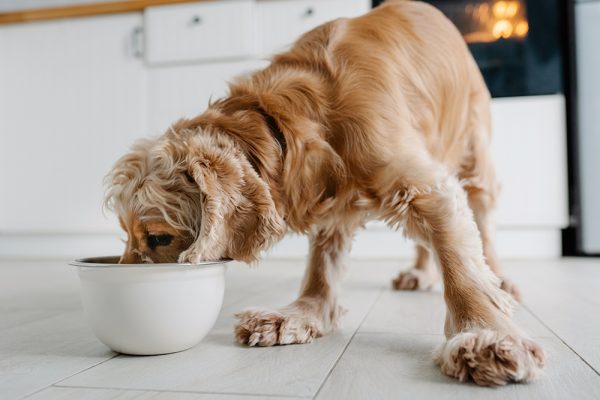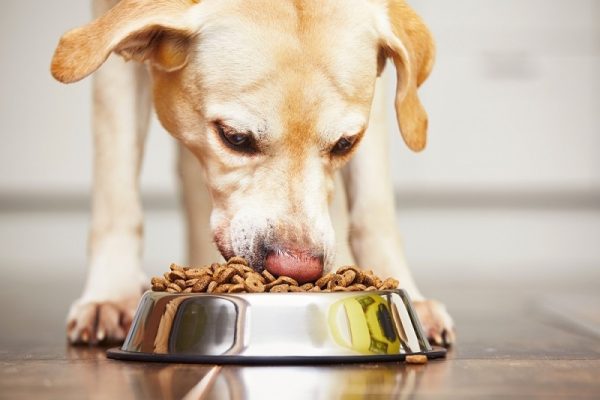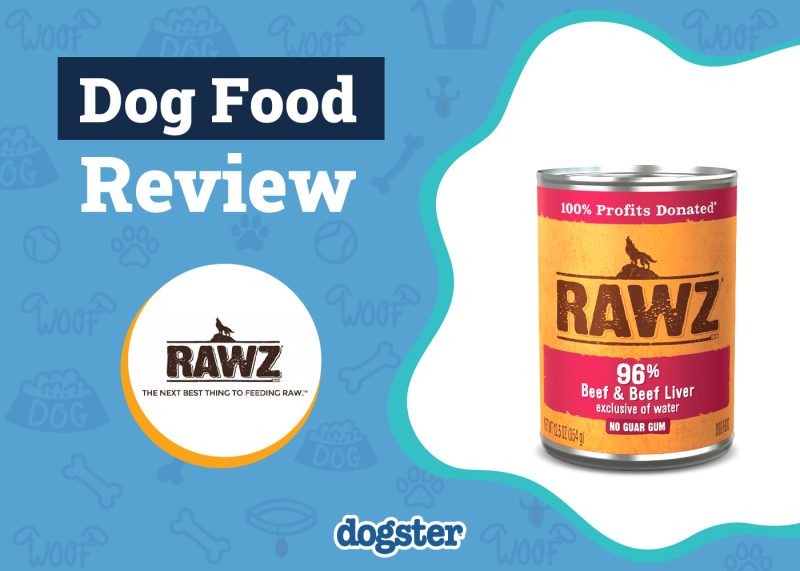In this article
View 3 More +Almost everyone has heard the catchy jingle in a Pepto Bismol commercial. That liquid pink stuff that is meant to be taken for all types of gastrointestinal upset – nausea, heartburn, indigestion, upset stomach, diarrhea. Because it’s easy to come by and fairly safe for humans, many people will also want to turn to Pepto Bismol when their dog is sick. But is it effective and safe to give to them? While there are no scientific studies supporting the use of Pepto Bismol to help relieve those symptoms in your dog, generally the medication may be safe to try in certain situations. As with any OTC medication, we always recommend asking your veterinarian before giving your dog Pepto Bismol. Please read this article in its entirety before giving your dog Pepto Bismol.

What Is Pepto Bismol?
Pepto Bismol is the brand name of an over-the-counter (OTC) medication that is marketed towards helping to relieve five symptoms of gastrointestinal upset. The main ingredient is Bismuth subsalicylate, but it may also contain other ingredients for flavoring and administration. Pepto Bismol has multiple different products on the market including liquid, tablets, liquicaps, gummies, and chewable tablets.
At this time, none of these products contain xylitol, which can be an extremely toxic ingredient to give to dogs. However, it’s always best to read the label prior to purchasing and/or administering in case the companies’ formulation changes at any time. Also, it’s important to clarify that the Pepto Bismol Children’s products contain a different active ingredient than what we will be discussing for the remainder of this article.
How Is Pepto Bismol Administered?
Pepto Bismol is always administered by mouth. As mentioned above, there are multiple different products and formulations. Each dog is different in how they take and react to receiving medications. While many owners think that liquid will be easier to give to their dog, oftentimes trying to give your dog anything liquid by mouth ends up in a fight. You end up with more liquid on yourself, your floor, etc., than your dog ends up swallowing. Not to mention that forcing your dog to take liquid they do not like may result in them aspirating, or inhaling that substance into their lungs, creating a nasty pneumonia.
Tablets, in my opinion, are the easiest to administer as they can be broken to more accurately dose your dog depending on their size. Pepto Bismol should be given in just a small piece of food to help your dog swallow it easily. You can always try liquid, but please never, ever, force any liquid into your dog’s mouth or down the back of their throat.
Potential Side Effects
As we mentioned, dosing your dog may be difficult. Most dogs will do best when given a tablet form, though this may be difficult to dose appropriately in smaller dogs. If liquid is given, you have the potential to cause your dog to vomit and/or aspirate the medication into their lungs.
Pepto Bismol is notorious for making stools black in color. While the change in color is not a bad side effect, it can mask other potentially significant health issues. One of the most common signs we will see with upper GI bleeding in dogs is black stool. Any type of bleeding within your dog’s upper GI tract (esophagus, stomach, upper portion of the intestines) can be a sign of a more serious, underlying health problem. Well, if you’ve been giving your dog Pepto and you notice black colored stools, there is no way to know if this is from the medication or an upper GI tract bleed.
The main ingredient in Pepto Bismol contains salicylate, which is similar to aspirin. Aspirin can be toxic to many dogs depending on underlying health issues and their current medications. In addition, aspirin can be toxic in high doses. This is a big reason why each dog is different for what we as veterinarians recommend is safe, which is why you should always consult a veterinarian before giving your dog Pepto Bismol.

When Should I Not Give My Dog Pepto Bismol?
First and foremost, you should contact your veterinarian before administering this product even once. It can’t be stressed enough that each dog is different, each having different underlying health issues and/or needs. Therefore, we cannot blindly recommend that you do or don’t give your specific dog this product. Your veterinarian should always be asked first.
If you need to speak with a vet but can't get to one, head over to PangoVet. It's our online service where you can talk to a vet online and get the advice you need for your dog — all at an affordable price!

In general, any dog receiving any type of NSAID (non-steroidal anti-inflammatory), aspirin, blood thinner and/or steroid should never be administered Pepto Bismol. If you have already given a dose and then realize you should not have given it, contact ASPCA Poison Control immediately to find out if your dog may need emergency care.
If your dog is pregnant, nursing, or has any type of intestinal bleeding, then Pepto Bismol should never be given. For instance, if your dog has a history or acute onset of bloody diarrhea and/or bloody vomiting, do not give them Pepto. If your dog has a history of IBD (inflammatory bowel disease), stomach ulcers, or any type of gastrointestinal cancer, you should also not give them Pepto.
If your dog has been vomiting profusely and is unable to keep even water down, is anorexic, lethargic, acting painful in their abdomen, has a distended abdomen, difficulty breathing, or is otherwise ill, do not waste time trying to give them Pepto Bismol. Please get them to the nearest emergency veterinarian for care and diagnostics. If your dog is ill, and you want to “wait it out” a few days while you give them Pepto, you may be endangering them further while their dehydration worsens and/or the underlying source of their illness becomes progressively worse.

Conclusion
In general, Pepto Bismol is a fairly safe product for humans to take with mild GI upset. While this may be true for dogs also, there is a concern for the Pepto administration to mask underlying health problems. Giving a cherry flavored liquid and/or tablet to your dog may not go as planned, as they likely will not enjoy the flavor as much as a person. As with any OTC product, you should always contact your veterinarian first before administering. Depending on your dog’s own health issues and medications, Pepto Bismol may not be safe to give. If you still choose to give Pepto Bismol, we only recommend giving one or two doses. If your dog continues to become more ill, or shows no signs of improvement, please get them to your nearest emergency veterinarian for care.
Featured Image Credit: artem evdokimov, Shutterstock























2 Responses
My dog has been vomiting intermittently and doesn't want to eat so I have given her a very small dose of Pepto Bismo, less than 2ml. She has had 2 bowel movements that are diarrhea and very black. It also looks bloody. Could this be a result of the Pepto Bismo?
Hello Kathie,
thank you for your question. To answer your question, it is highly unlikely that Pepto Bismol could be the cause of your dog's bloody diarrhea. More likely it is another sign of their disease and with such a serious issues, your dog should be taken to a veterinarian immediately!
Best of luck!